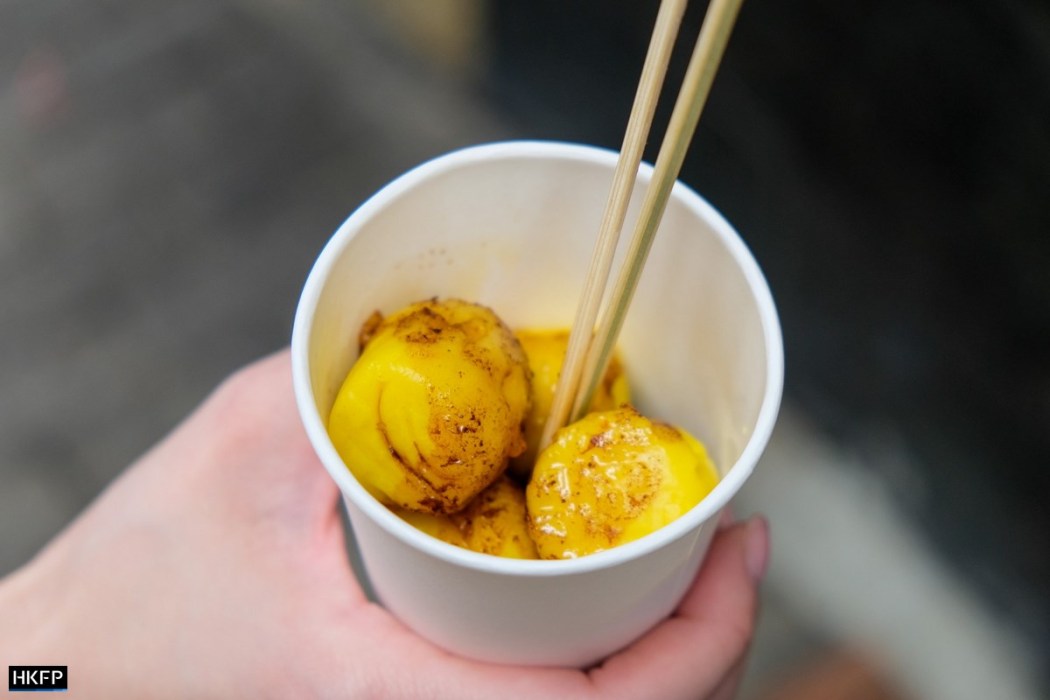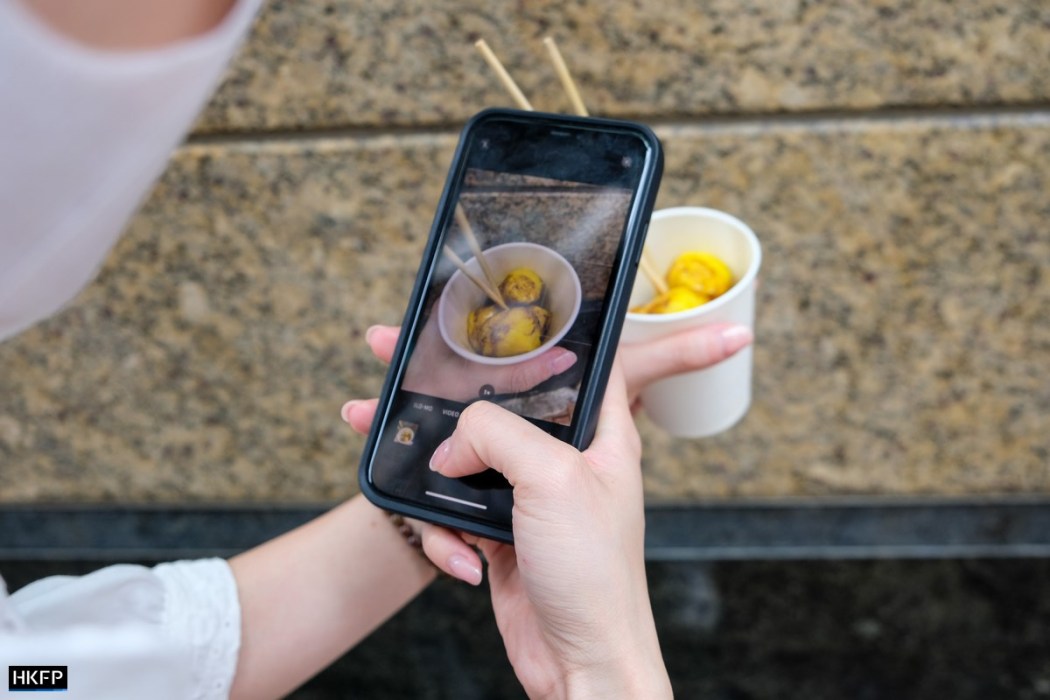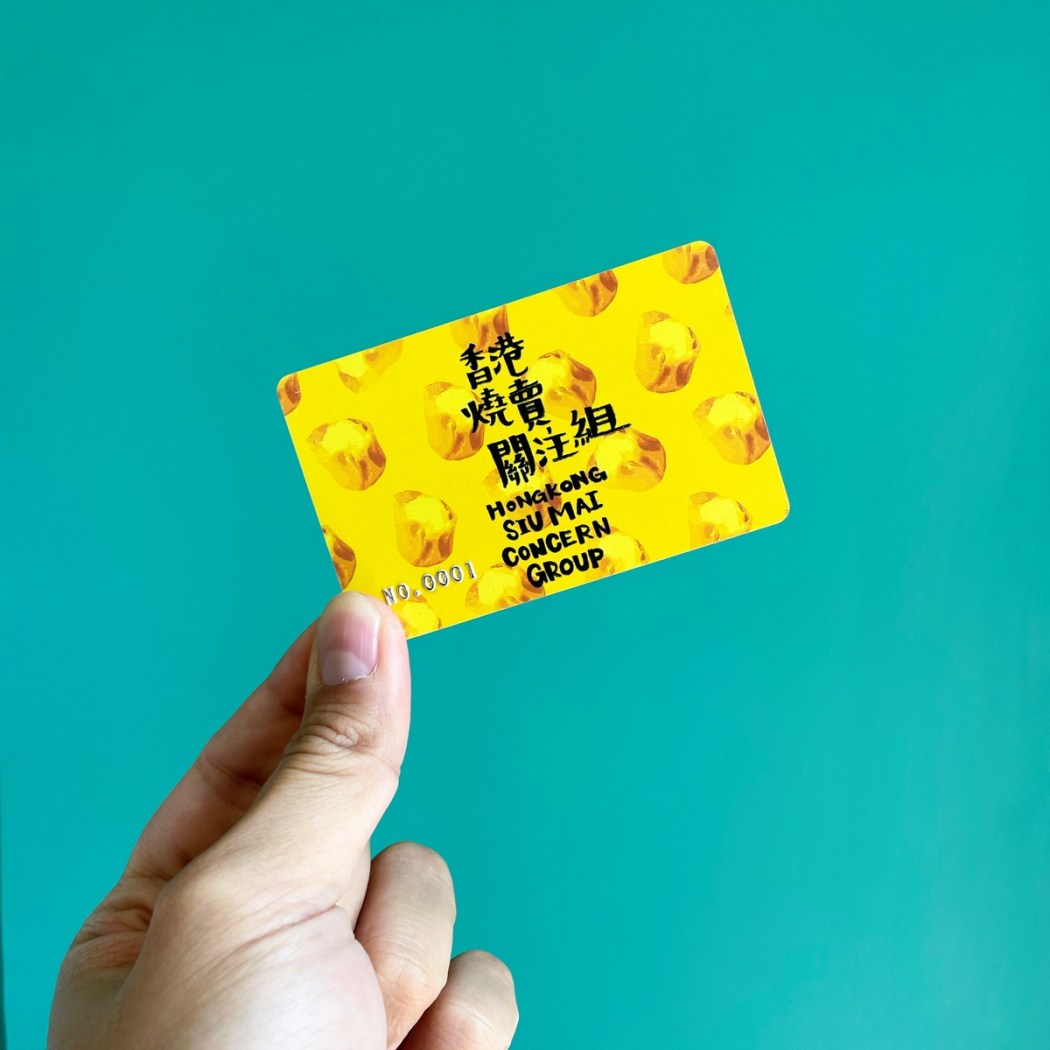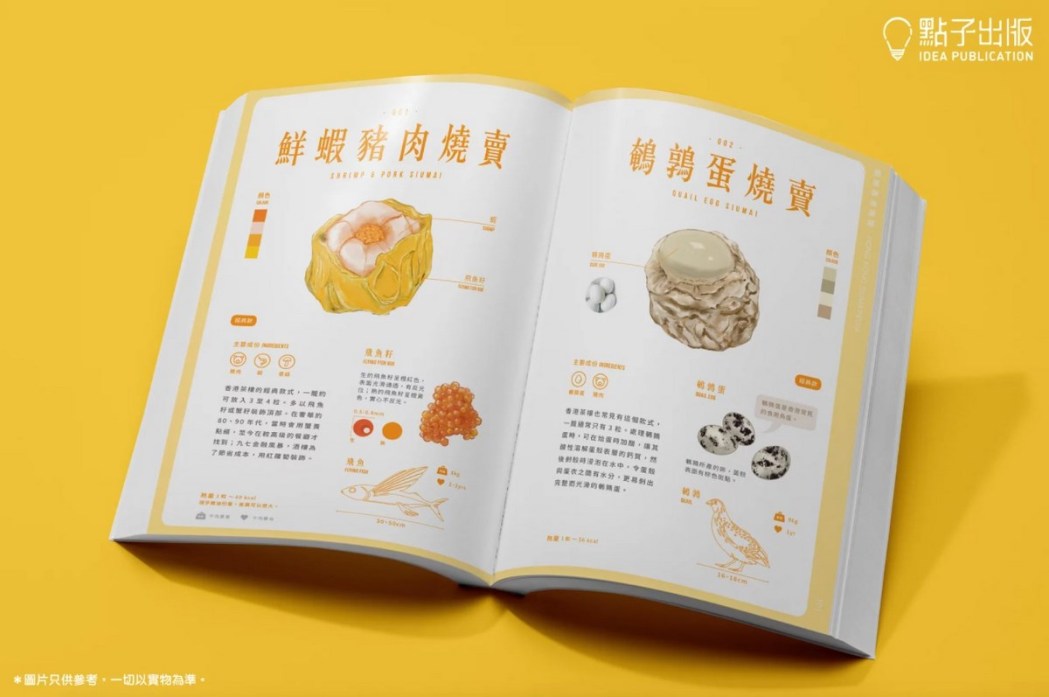Hong Kong’s iconic yellow and white siu mai dumpling, which for decades has been a satisfying go-to street food for those in search of a quick bite, is about to get a fitting tribute – its own encyclopaedia.
The everyday snack embodies a greater cultural significance, enthusiasts argue, as they document the origins and fun facts about siu mai in an upcoming book – the Hong Kong Siumaipedia.

Alex, Carol and Louis are the administrators of a popular Facebook page called “Hong Kong Siu Mai Concern Group.” The page, active since last June, has garnered over 109,000 “likes,” while its account on Instagram is followed by more than 46,000 people.
The group frequently shares food reviews and information on the best siu mai across the city. They also post submissions from other enthusiasts, who sometimes create peculiar recipes such as putting siu mai (or shumai) in a salad.
In an interview with HKFP, Alex and Carol, who used pseudonyms because they wished to continue operating the page anonymously, said they had not expected so many fans.
“Louis and I just really like eating siu mai… [the page] was just for fun and we decided to do this rather silly thing more seriously, because we had too much free time during Covid-19,” said Carol, who is in her early 30s, referring to her partner and the founder of the siu mai page.

Alex said it was the first time for a food-related page to describe itself as a “concern group.” The term was widely used during the 2019 protests and unrest, when many Hong Kong students formed groups to express concern and opposition to the now-axed extradition bill.
Alex, 27, said the name of their siu mai group had no connection to the protests, but Louis might have been “subconsciously affected” when he came up with it.
In February, the Siu Mai Concern Group decided to launch an actual membership scheme. People who pay an entrance fee of HK$88 can enjoy discounts on purchasing siu mai in some 20 local stores, as well as two shops owned by Hongkongers in Taiwan.
They also get a discount on siu mai-related products, including soy sauce, chili sauce and siu mai for dogs.

The membership club – which numbers around 3,000 at present – was inspired by Louis’ random decision to select “labour union” as the page category on Facebook, Alex explained.
“Louis said since we picked labour union, we should be serious about it. So we made membership cards and continue to find welfare for our members,” he said.
Despite the page’s popularity, Alex and Carol admit there had been controversy over the content. They faced criticism for reviewing siu mai from what some fans saw as “blue shops,” referring to businesses that support police or the government. The page administrators told HKFP their reviews focus on how good the siu mai tastes and not whether the shop is pro-democracy or pro-government.

“The political stance of the shop is up to your judgement,” Carol said.
Alex added: “We have our own stance, but I think it can be separated from the taste. To us, the spectrum of being ‘blue’ is too broad.”
The fast-growing Facebook page attracted the attention of a local publisher, who approached its administrators last year to collaborate on a book about their best-loved street snack.
Alex described the 200-page book – to be published in August – as an encyclopaedia of siu mai. He said he wanted people to learn more about this common food item that has a long and riveting history that is closely intertwined with the development of their home city.

“The research we did showed how the development of Hong Kong affected the development of siu mai in different times,” he said.
The siumaipedia will explore the origins of this Hong Kong street snack, which could be traced back to Mongolia. It will also include stories about local siu mai makers, raw materials and cooking methods necessary for making a tasty siu mai and creative recipes.
Carol said every siu mai lover should get a copy. “If you like this thing so much, then you should learn more about it.”
Following the founding of the Siu Mai Concern Group, over 50 similar “concern groups” have sprung up on Facebook for other quintessential Hong Kong snacks such as egg tarts and pineapple buns.

Carol and Alex are pleased to see these local food pages emerge. Carol said the trend may be connected to the Covid-19 pandemic when people were “bored” and wanted to hunt for delicious food around the city.
“I like this trend; the more niche the food item, the better,” she said.
Alex, on the other hand, suggested the burgeoning snack groups echoed the spread of localist ideas in the city. He said these food items unique in Hong Kong bear an important cultural significance and tie in closely with people’s sense of identity.
“To many people, I think these food items are symbols of their culture, they symbolise people’s identity. A foreigner can hardly be a part of this,” he said.

Emigrants from Hong Kong particularly treasure siu mai and other local street snacks, Carol said. Their page often got messages from Hongkongers living overseas, who would go out of their way to recreate the classic bite-sized food.
“For us, this street food is within arm’s reach all the time, but they are really precious to those who have left Hong Kong,” she said. “They would thank us for running the page, so they could see other people are always eating what they love. It makes them feel like they are not alone.”
Alex said siu mai has been introduced to different communities by immigrants in the past. Perhaps in ten year’s time, he speculated, there will be new variations in other parts of the world after the exodus over the past year.
“Some Hongkongers who went to Taiwan told us they really missed the taste of siu mai, so they spread the food to the people there. To them, taking a bite of siu mai feels like coming home.”
Support HKFP | Policies & Ethics | Error/typo? | Contact Us | Newsletter | Transparency & Annual Report | Apps
Help safeguard press freedom & keep HKFP free for all readers by supporting our team

LATEST FROM HKFP
HKFP has an impartial stance, transparent funding, and balanced coverage guided by an Ethics Code and Corrections Policy.
Support press freedom & help us surpass 1,000 monthly Patrons: 100% independent, governed by an ethics code & not-for-profit.










